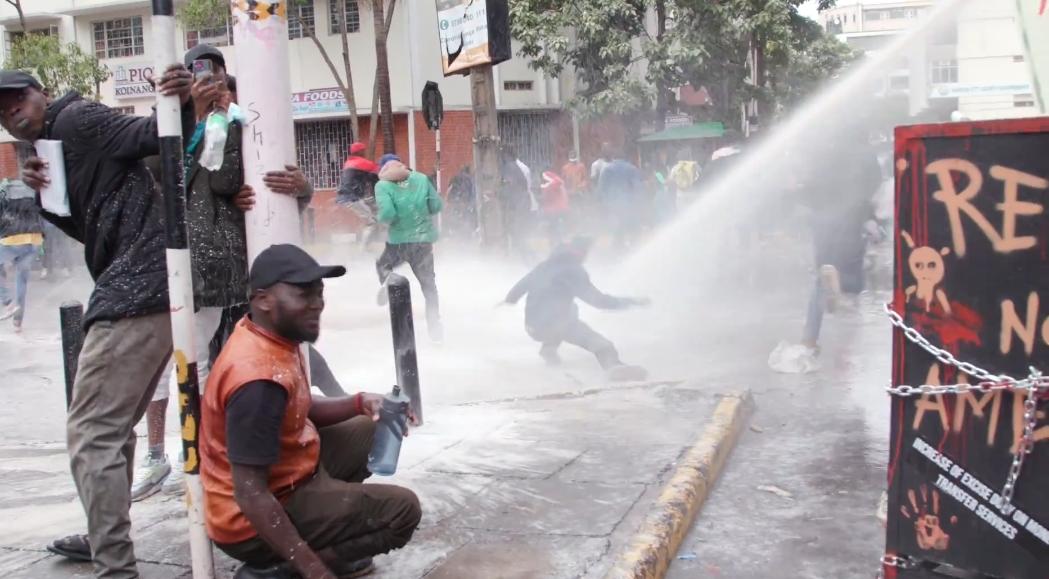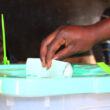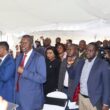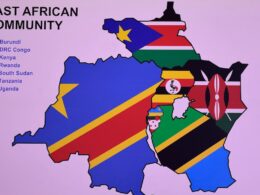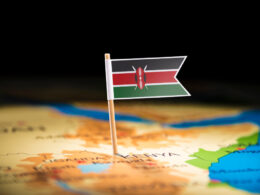NAIROBI,Kenya – It is difficult to shake the shock of watching, in vivid footage, the very institutions that are meant to protect us – the police, the legislature, the government, turning their weapons on unarmed, peaceful protestors. In the BBC documentary Blood Parliament, viewers are confronted with a chilling reality: young citizens waving flags and chanting for justice met with live ammunition. It has now been a year since that violent day, yet not a single official has been held to account.
The halls of power remain silent. The investigations, if any, are buried in bureaucratic dust. Instead of justice, there is denial. Instead of reform, there is silence. And for the families of the wounded and the dead, there is only grief, unanswered questions, and the bitter realization that their government has chosen impunity over integrity.
The documentary does more than document violence, it forces a reflection on how institutions, built on the promise of democratic representation, can be turned against the very people who empower them. It lays bare the hypocrisy of systems that tout the ballot as a means of change, yet punish those who exercise their constitutional right to assembly. It raises difficult questions about legitimacy and accountability. A riddle emerges in the background: What do you call a man who begs for your vote, rises on your shoulders, then turns and beats you down? A representative, or a tyrant in disguise?
The right to peaceful protest is not a suggestion; it is enshrined in law. In Kenya, for example, Article 37 of the Constitution guarantees every person “the right, peaceably and unarmed, to assemble, to demonstrate, to picket, and to present petitions to public authorities.” Article 33 affirms the right to freedom of expression, and Article 19 declares that these rights and freedoms are inherent, not granted by the State but belonging to each individual by virtue of being human.
And above all, there is the right to life. It is not merely a provision under Article 26 of the Constitution of Kenya, it is a foundational pillar of human rights law globally. The Universal Declaration of Human Rights, the African Charter on Human and Peoples’ Rights, and every major rights instrument recognize the right to life as sacred and inviolable. It is the one right without which no other rights can be meaningfully exercised. The killing of a protestor is not simply a failure of law enforcement; it is a violation of the most basic moral and legal covenant between a state and its people.
Blood Parliament invites reflection on how these rights are upheld, or more painfully, how they are disregarded during moments of political tension. The film includes voices from survivors, legal experts, and activists, painting a picture of not only the violence but the aftermath, a public left to wonder if constitutional protections are meaningful or merely theoretical. The footage of peaceful demonstrators being dispersed with force contrasts starkly with the legal frameworks that affirm their rights to be there.
Yet the documentary does not issue verdicts, it presents evidence. It allows viewers to form their own conclusions, whether in outrage, concern, or contemplation. It acknowledges that governments have a duty to maintain public order but questions the proportionality and legality of the response shown. In doing so, it underscores the delicate balance between state authority and civil liberties.
A year on, Blood Parliament challenges us to look beyond the screen and consider the state of democracy, not just as a concept, but as a lived experience. The documentary is not an accusation but a call to engage: with the Constitution, with our representatives, and with the principles that underpin free societies. It reminds us that the rule of law, and the rights it protects, are not abstractions. They are only as strong as our willingness to demand their protection, especially when they are violated in plain sight.
Beatrice Monari is an Advocate of the High Court and a Programme Consultant at the Kenyan Section of the International Commission of Jurists (ICJ Kenya). This article was first published on the People Daily Newspaper.





